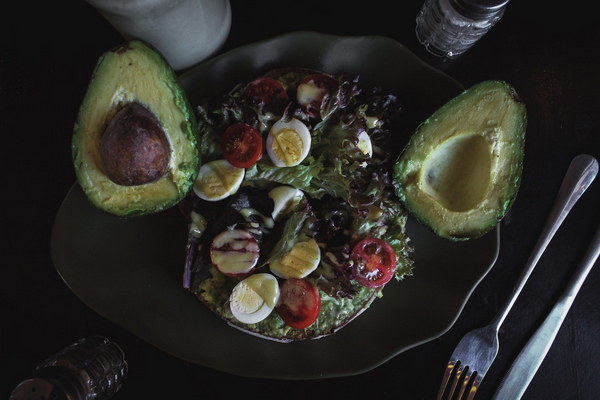Is It Advisable to Take Gastric Nourishing Medicines for Acute Gastritis
Acute gastritis, characterized by sudden inflammation of the lining of the stomach, can be a painful and uncomfortable condition. When it comes to managing acute gastritis, the question often arises: Is it advisable to take gastric nourishing medicines? In this article, we will explore the role of gastric nourishing medicines in the treatment of acute gastritis and whether they are a suitable option for relief.
Acute gastritis is usually caused by various factors, such as bacterial infections, excessive alcohol consumption, certain medications, stress, or ingestion of spicy or acidic foods. The symptoms of acute gastritis include nausea, vomiting, stomach pain, bloating, and a loss of appetite. In some cases, the condition may also lead to mild to severe bleeding from the stomach lining.
When considering the use of gastric nourishing medicines for acute gastritis, it is important to understand their purpose and how they work. Gastric nourishing medicines, also known as gastrointestinal protectants, are designed to coat and protect the stomach lining, reduce acid production, and promote healing.
Here are some points to consider when deciding whether to take gastric nourishing medicines for acute gastritis:

1. Temporary Relief: Gastric nourishing medicines can provide temporary relief from the symptoms of acute gastritis, such as pain and discomfort. They can help to reduce acid production and protect the stomach lining from further irritation.
2. Healing Process: While these medicines can offer relief, they may not directly accelerate the healing process of the stomach lining. Healing often occurs naturally as the inflammation subsides and the stomach lining repairs itself.
3. Causes of Inflammation: It is crucial to identify and address the underlying cause of the inflammation. Simply taking gastric nourishing medicines without addressing the root cause may not be effective in the long term.
4. Side Effects: Like all medications, gastric nourishing medicines can have side effects. These may include constipation, diarrhea, and abdominal discomfort. It is important to weigh the potential benefits against the risks before starting any treatment.
5. Professional Advice: It is always best to consult with a healthcare professional before starting any new medication, especially if you have underlying health conditions or are taking other medications. They can provide personalized advice based on your specific situation.
In many cases, acute gastritis may resolve on its own within a few days to a few weeks, especially if the underlying cause is addressed. However, if symptoms persist or worsen, it is essential to seek medical attention.
Here are a few alternatives to consider if gastric nourishing medicines are not the right choice for you:
- Lifestyle Changes: Avoiding trigger foods, reducing alcohol consumption, and managing stress can help alleviate symptoms of acute gastritis.
- Proton Pump Inhibitors (PPIs): PPIs are another class of medications that can reduce acid production and may be prescribed for more severe cases of acute gastritis.
- Antacids: Over-the-counter antacids can provide immediate relief by neutralizing stomach acid, but they do not address the underlying cause of inflammation.
In conclusion, while gastric nourishing medicines can offer temporary relief for symptoms of acute gastritis, they are not a cure-all. It is advisable to seek professional medical advice to determine the best course of treatment. Addressing the underlying cause and adopting a holistic approach that includes lifestyle changes, medication, and possibly alternative therapies can help manage acute gastritis effectively.









